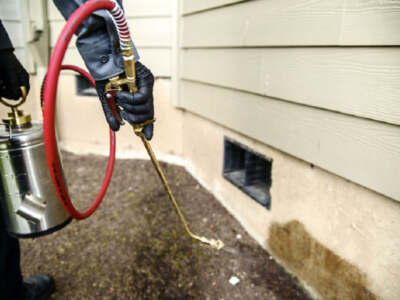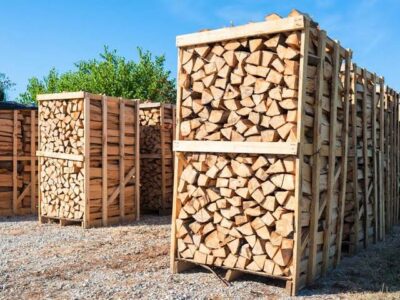Is your home underinsured? It’s a common problem for homeowners and one that many aren’t even aware of. The consequences of being underinsured when a loss occurs can be financially devastating.
Homeowners can wind up underinsured because they chose a policy with lower coverage in exchange for lower premiums or because they have accumulated personal belongings or made renovations to their home without updating their insurance policy. They may also find themselves underinsured simply because their policies need to be updated to reflect current costs and market realities.
If you’re worried that you’re underinsured, it’s time to review your fire insurance policy. During your review of the policy, focus on these areas identified below to identify potential weak points in your coverage.
#1 Your Policy Doesn’t Cover Modern Construction Costs
The Structure part of your insurance covers the cost of materials and labor to repair or replace your home, not the value of your home. Construction costs can vary considerably by region, and they may be even higher if your home is affected by a natural disaster. An event like a wildfire, for example, can cause local construction costs to skyrocket as demand for local builders and materials increases dramatically.
Costs have also been rising rapidly due to inflation, labor shortages, and supply constraints. The inflation guards in your policy may not be keeping up with the real cost of construction. You might consider getting quotes from a local builder to see what actual costs are like in your area.
If they seem considerably higher than your policy limits, it could be worth talking to your insurance provider to come up with an appropriate adjustment.
#2 You Don’t Have Flood or Sewer Backup Insurance
Risks of floods and sewer backups are rising across the country, but it does not come standard in most home insurance policies.
Homeowners who live in areas that are at risk for flooding or sewer backups should consider asking about add-on coverage to make sure they’re protected. It’s not just homes next to bodies of water that should be concerned, either. Sewer backup risks often happen in cities where municipal infrastructure is overloaded during significant rainfall or heavy snowmelt. Municipalities with aging sewage systems will also be more vulnerable to these risks. You can also be at risk if you live next to a buried stream.
#3 You Don’t Have Add-ons for Additional Valuables
Your fire insurance policy covers personal belongings such as clothes, electronics, media, and even food, but it may have special limits for certain valuables. If you’ve recently purchased or received as an inheritance, valuables such as very expensive electronics, furs, bonsai tree, jewellery, bullion, or fine art, you should speak with an insurance company to make sure you are adequately covered.
#4 You Haven’t Informed the Insurer of Renovations
Any time you renovate your home, you need to inform the insurance company, as it changes the cost of repairing the building. Failure to inform your insurance company about renovations will mean you aren’t covered for the improvements you’ve made to your home.










Comments